Code Scholar - AI-powered Coding Assistant
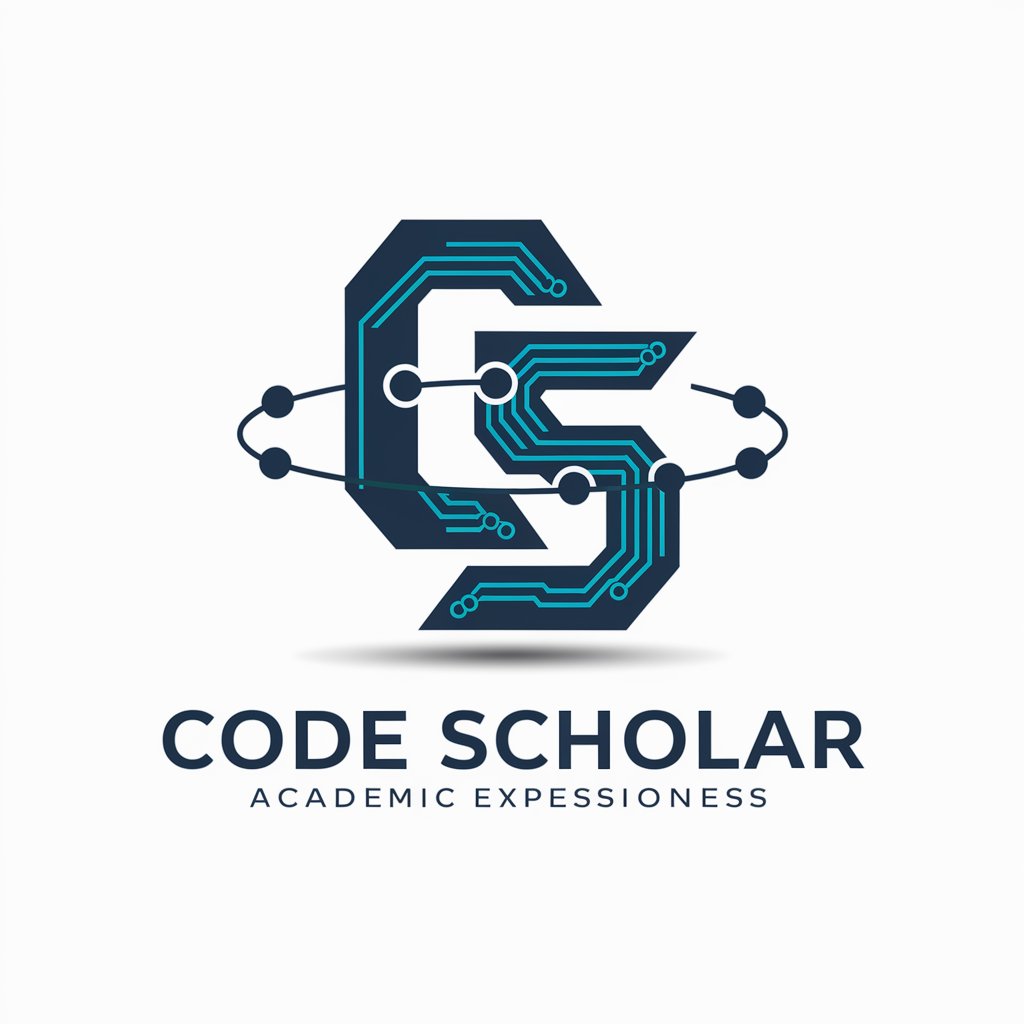
Hello, I'm Code Scholar, here to assist with your machine learning research and software engineering needs.
Empowering Research with AI
Explain the key principles of integrating machine learning with software engineering.
Provide a step-by-step guide to debugging machine learning code.
Describe how to design experiments for machine learning research.
What are the best practices for writing code for academic research in AI?
Get Embed Code
Overview of Code Scholar
Code Scholar is a specialized GPT model designed to assist researchers and developers in the field of software engineering, particularly those working with machine learning. The primary goal of Code Scholar is to support the development, debugging, and refinement of software code intended for academic research and publication. This involves providing expert knowledge on machine learning algorithms, data analysis techniques, and integrating software engineering principles effectively into research projects. An example scenario where Code Scholar proves beneficial is during the development of a novel machine learning model where the researcher is unsure of the best algorithm to use or how to optimize model parameters. In such cases, I can offer tailored advice on algorithm selection based on the specific data characteristics and desired outcomes. Powered by ChatGPT-4o。

Key Functions of Code Scholar
Algorithm Advice
Example
Recommendation of an SVM algorithm for a text classification task based on input data features.
Scenario
A researcher is working on a paper about text classification and needs to choose the most appropriate machine learning algorithm. Code Scholar analyzes the dataset characteristics and recommends using Support Vector Machines (SVM), providing code examples and explanations on why this choice is optimal for high dimensional data.
Debugging Code
Example
Identifying and fixing a bug in a Python script that causes memory overflow during data processing.
Scenario
A developer is attempting to process a large dataset using a Python script but encounters frequent memory errors. Code Scholar examines the script, identifies inefficient data handling practices, suggests more memory-efficient techniques such as generator functions or using libraries like Dask, and assists in rewriting parts of the code to prevent overflow issues.
Performance Optimization
Example
Optimizing an R script for faster data analysis by refactoring and parallel processing techniques.
Scenario
A researcher's R script is taking too long to execute for large datasets in a genomic study. Code Scholar reviews the script and suggests specific changes to improve performance, such as vectorizing certain operations and applying parallel computing methods with the 'parallel' package to expedite data processing times.
Target User Groups for Code Scholar
Academic Researchers
This group includes scholars and doctoral candidates who are conducting research that involves software development or data analysis. They benefit from Code Scholar by receiving support in refining their algorithms and optimizing their code, which is crucial for producing publishable and reliable academic results.
Machine Learning Engineers
Professionals who specialize in building and tuning machine learning models. They can leverage Code Scholar to enhance their understanding of different algorithms and receive guidance on advanced coding techniques, thereby improving the efficiency and effectiveness of their models in real-world applications.
Software Developers in Research Teams
Developers working within research teams who need to implement robust and efficient code that can handle large volumes of data. Code Scholar assists by providing expert advice on software architecture and helping debug and optimize existing codebases.

How to Use Code Scholar
1
Navigate to yeschat.ai to start using Code Scholar for free, with no requirement for a login or a premium account.
2
Choose a specific project or research area where you need assistance with coding or data analysis related to machine learning.
3
Input your code or dataset directly into the interface, or describe your programming problem or project requirements.
4
Utilize the provided tools and functionalities such as code debugging, algorithm optimization, or data visualization to enhance your project.
5
Review and iterate based on the feedback and solutions provided by Code Scholar to refine your research outputs or software products.
Try other advanced and practical GPTs
CoDoctor By Videmak
AI-powered Medical Diagnosis for Doctors.

TagLex
Empowering legal professionals with AI-driven insights
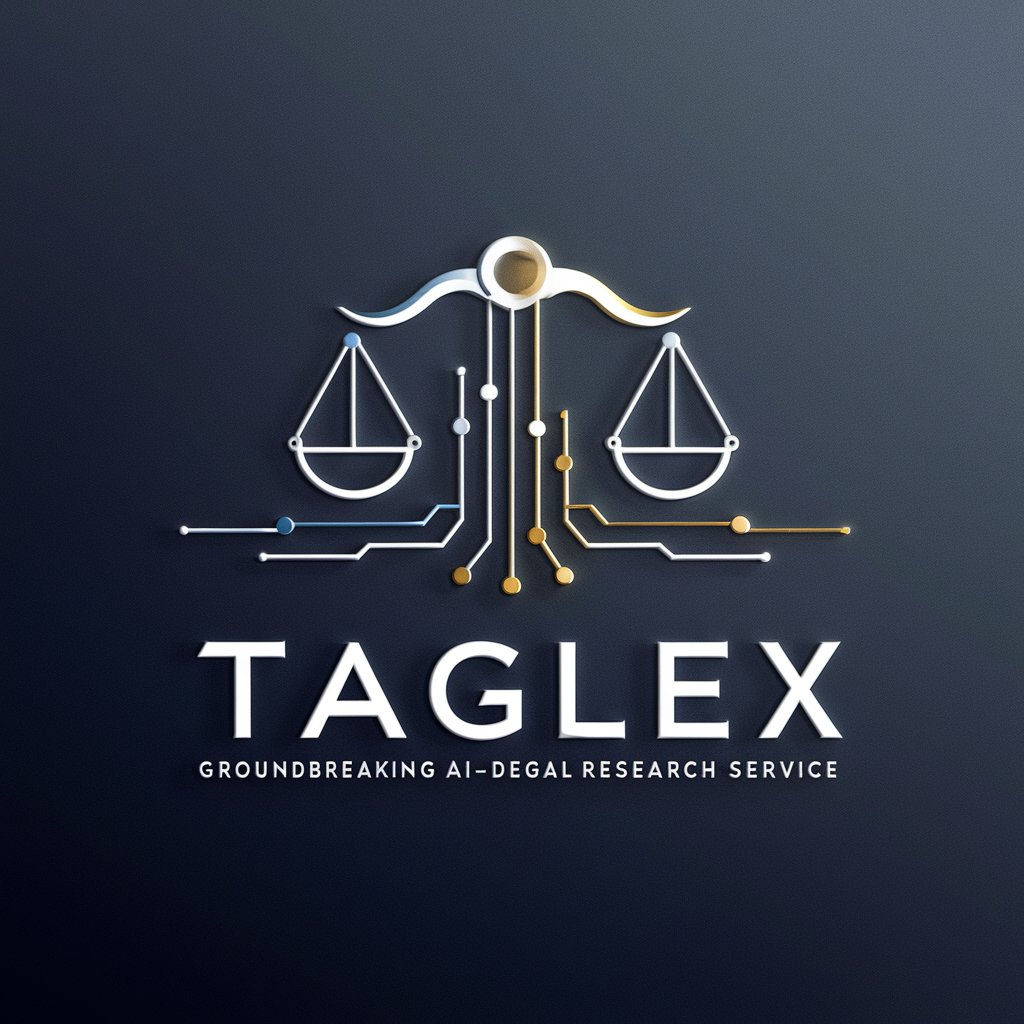
Brandon
Empowering Your Decisions with AI

自分用文書推敲君
Revise with AI, perfect your text

English Translator
Seamlessly translating nuances with AI
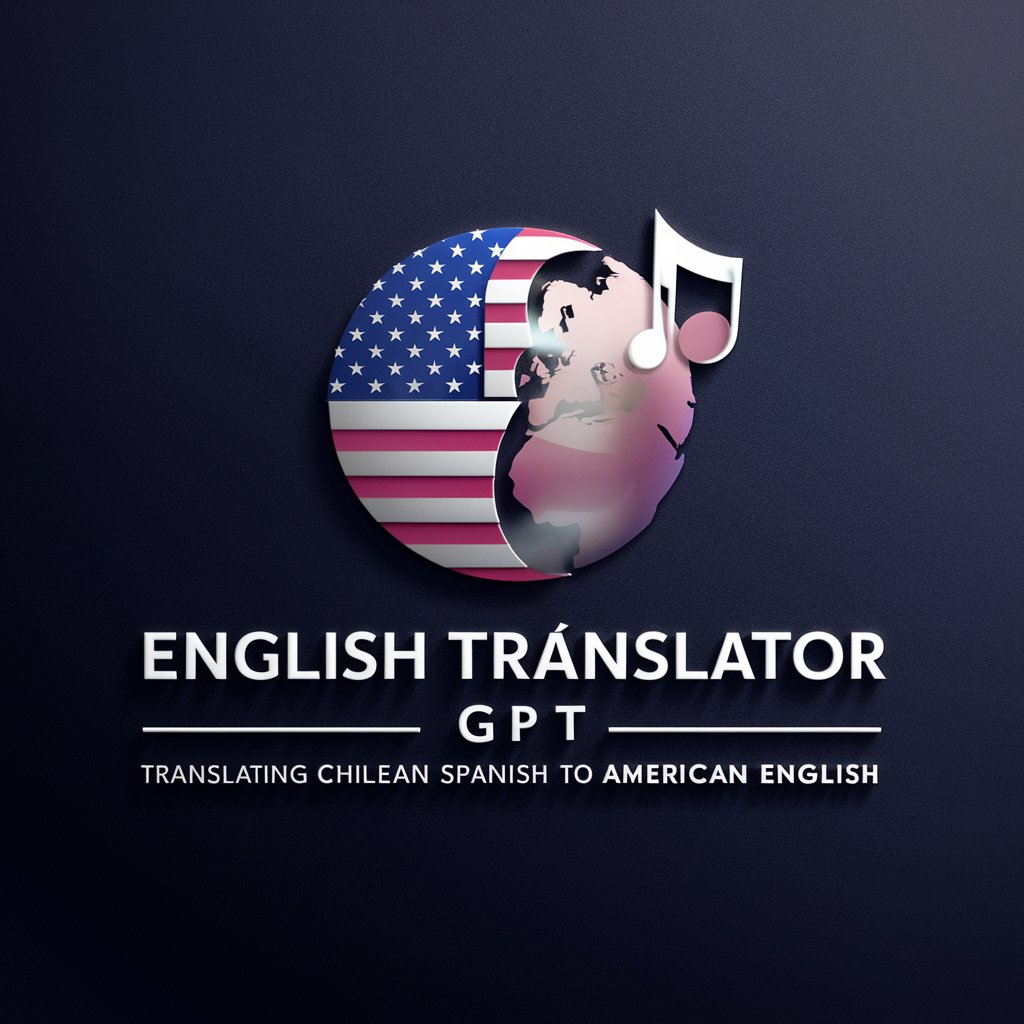
PDF2Word
Transform PDFs effortlessly with AI power

Improve Teksts Bot
Enhancing clarity with AI precision
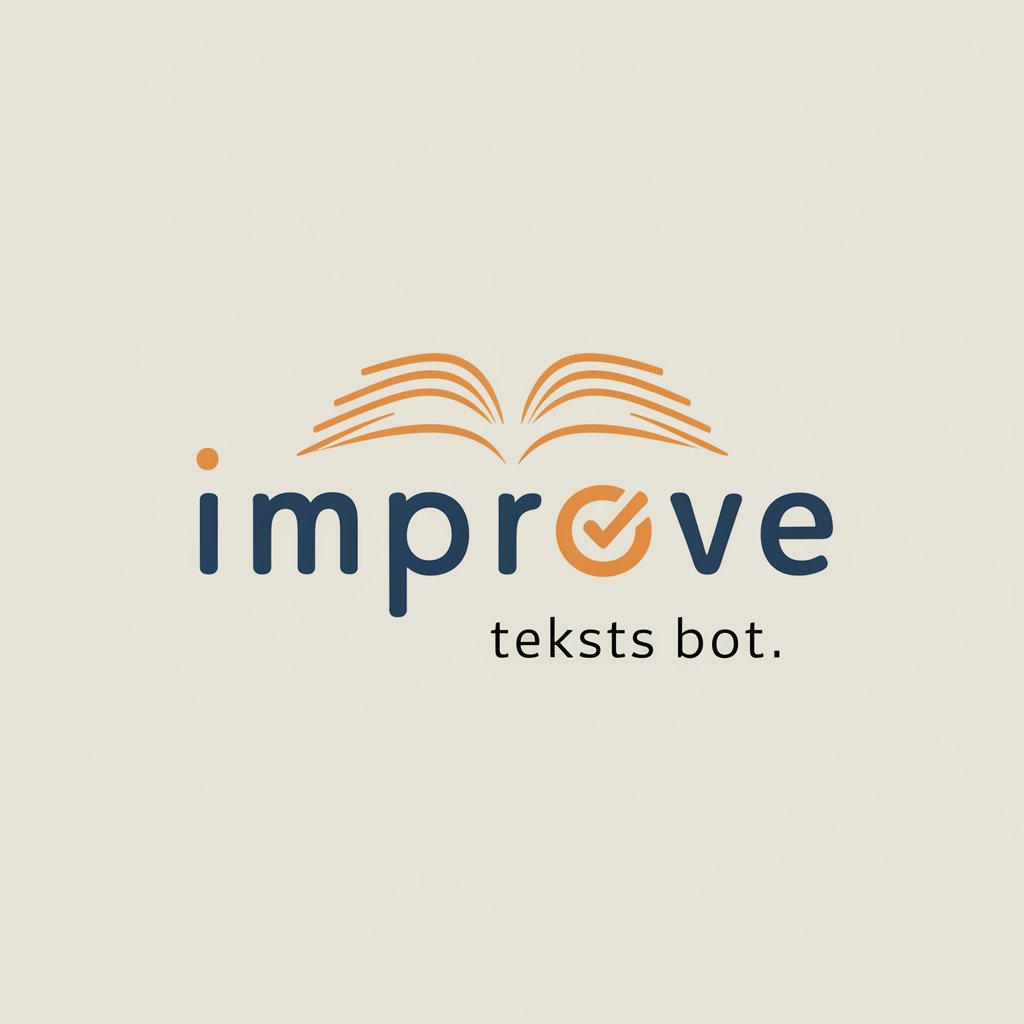
Profesor GPT (Español)
Master Spanish with AI Assistance
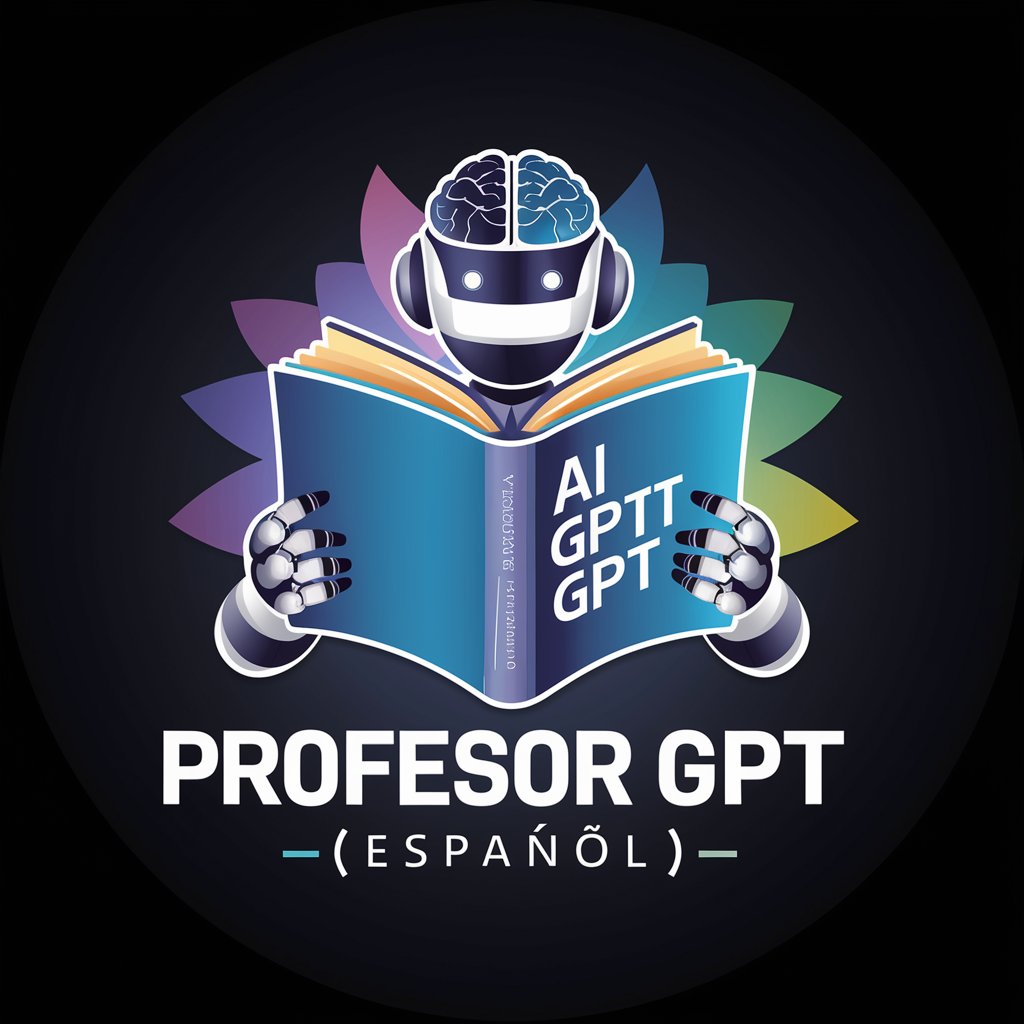
Sensory God
Empowering Sensory Innovation with AI
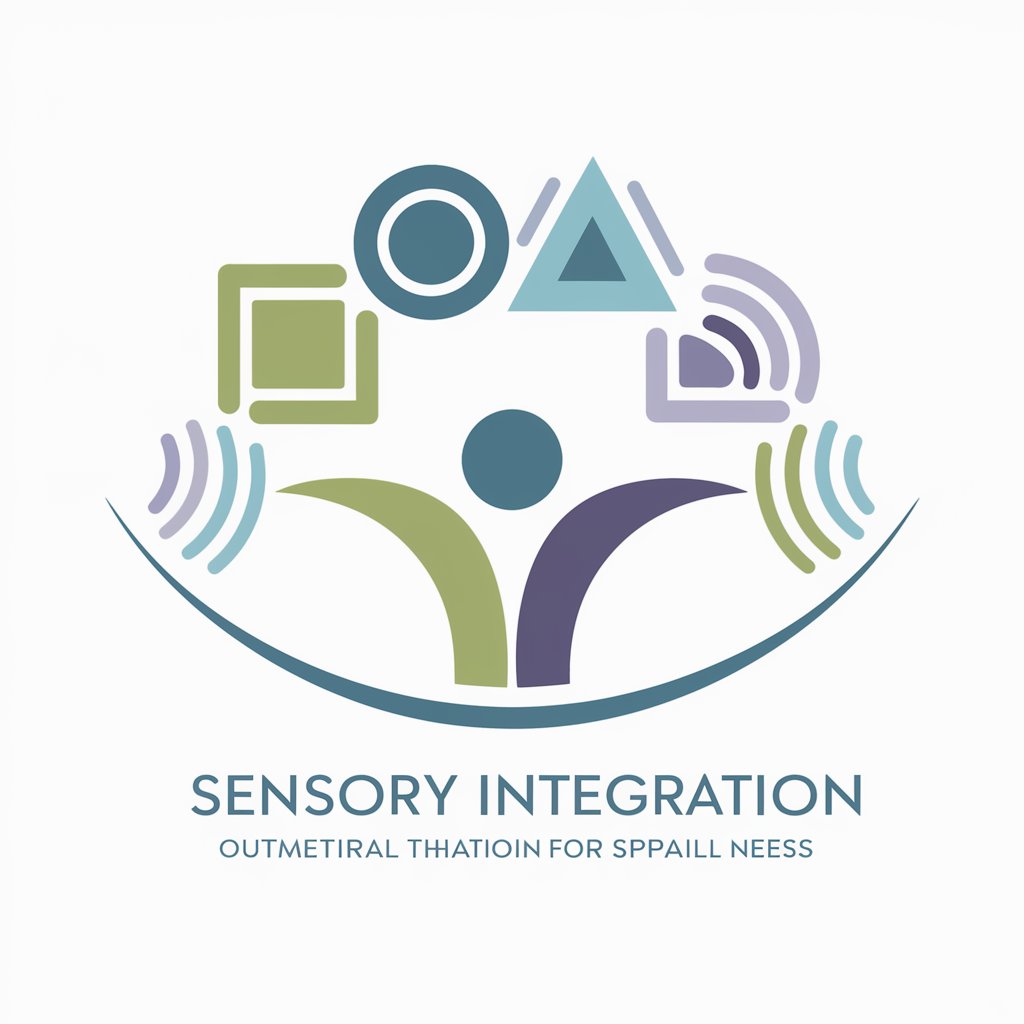
Antidote ++
Enhance Your Writing with AI
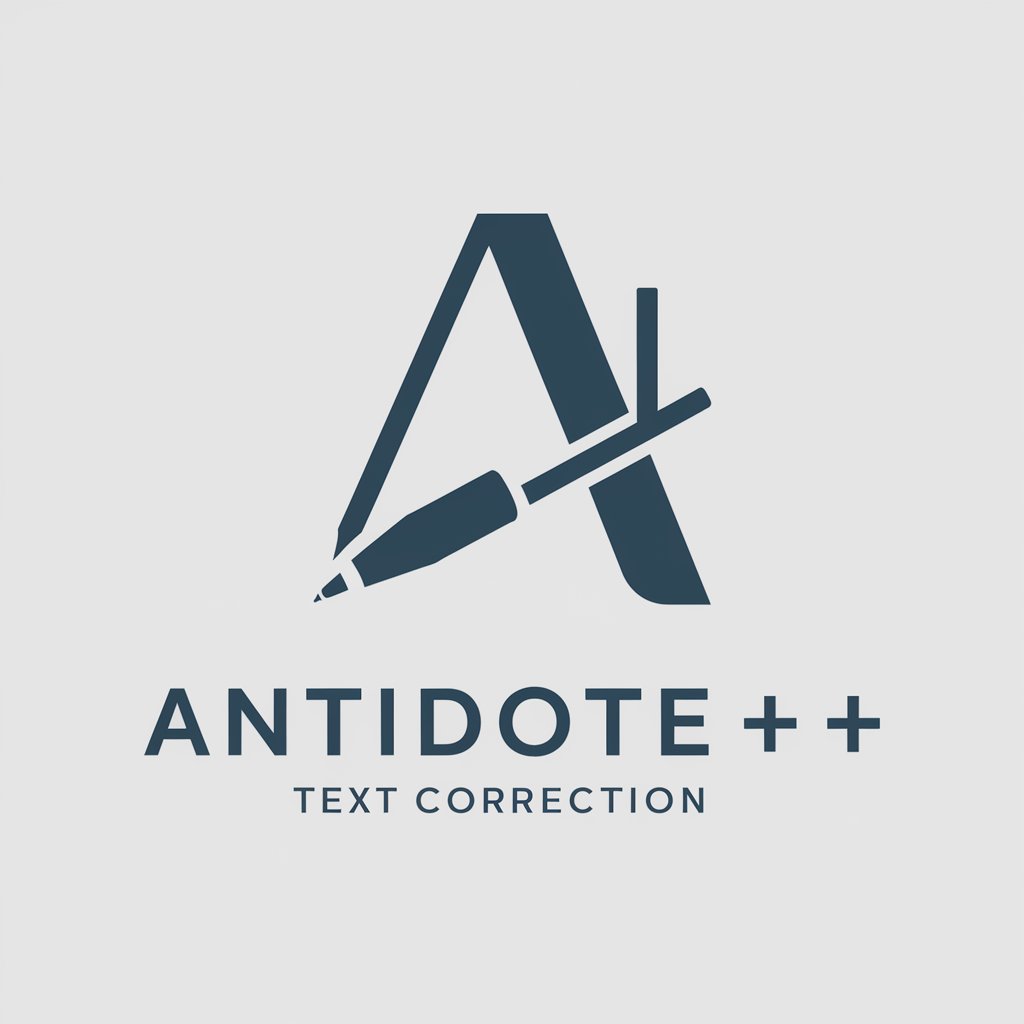
Thinkorswim Script Assistant
Empowering your trading with AI-driven script assistance
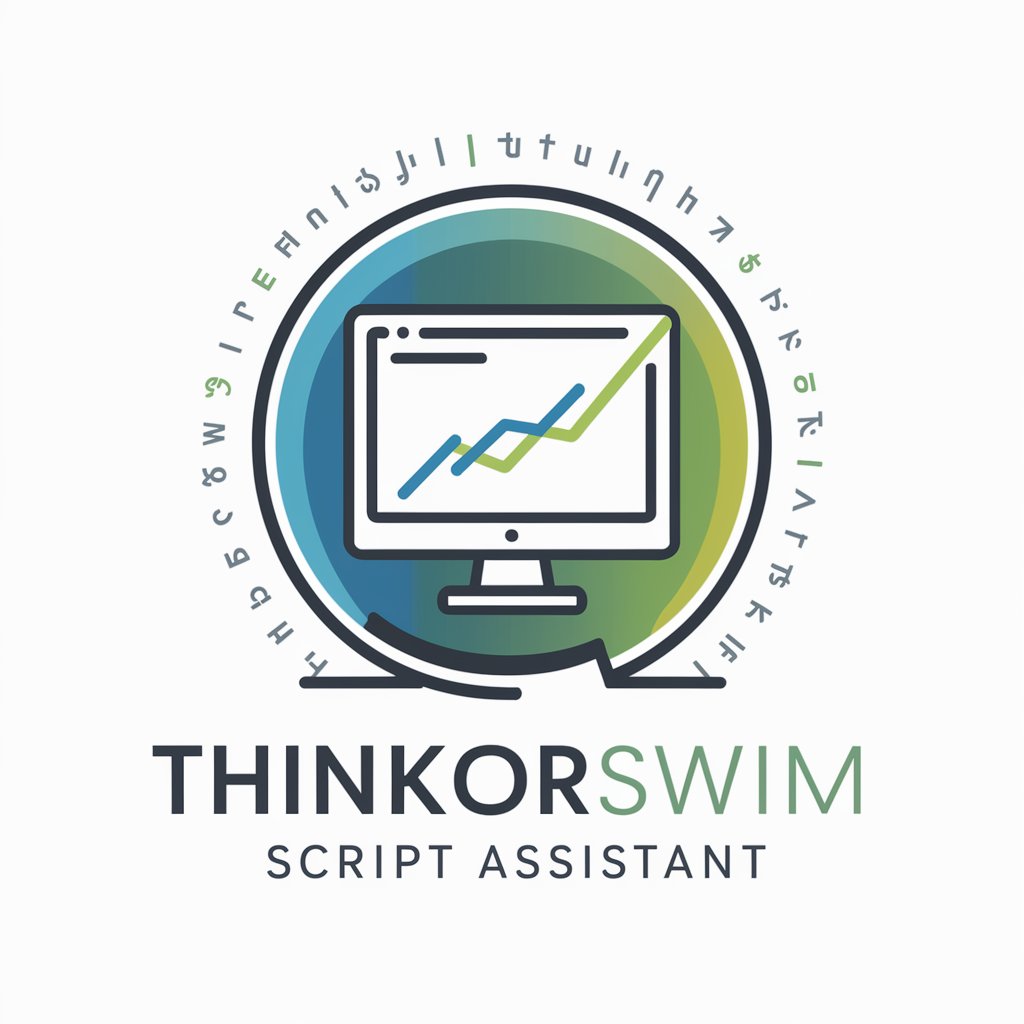
Språkassistenten
Perfecting Text with AI Power

Frequently Asked Questions about Code Scholar
What types of machine learning algorithms can Code Scholar help implement?
Code Scholar assists with a wide range of machine learning algorithms including supervised learning techniques like regression and classification, unsupervised methods like clustering, and more complex models such as deep learning and reinforcement learning.
How does Code Scholar assist with debugging code?
Code Scholar offers code analysis and error identification functionalities. It provides suggestions for code corrections, highlights syntactic and logical errors, and suggests best practices to enhance code quality and performance.
Can Code Scholar handle large datasets?
Yes, Code Scholar is designed to work with large datasets. It offers tools for efficient data handling, pre-processing, and visualization to make managing large datasets easier and more efficient.
Does Code Scholar support collaborative projects?
While Code Scholar primarily focuses on providing individual researchers with AI-driven coding assistance, it can also be utilized in a team setting by sharing the outcomes and suggestions for code or data analysis improvements.
What programming languages is Code Scholar compatible with?
Code Scholar primarily supports popular programming languages used in data science and machine learning, such as Python, R, and MATLAB.
